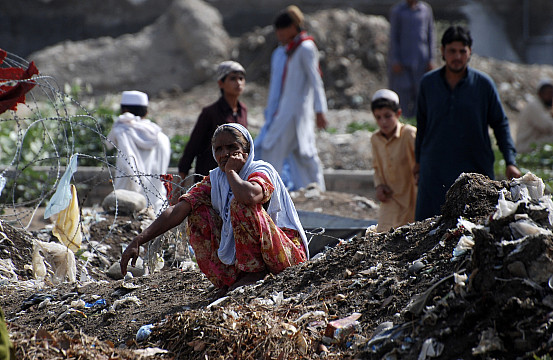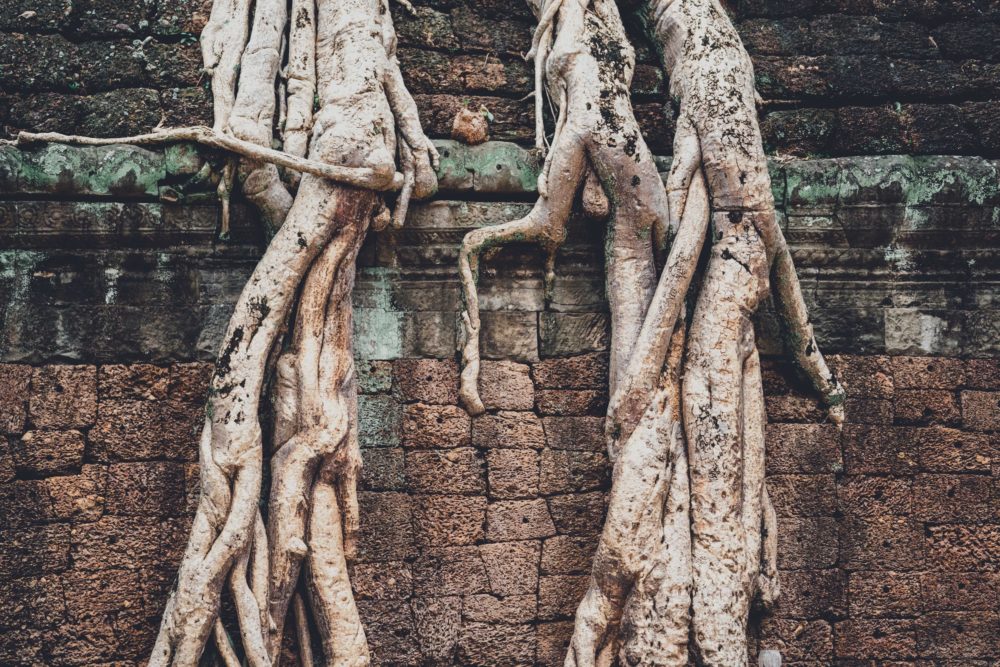
International humanitarian law prohibits both states and non-state armed groups from committing rape and other forms of sexual violence. Rape and other forms of sexual violence that is committed in a non-international armed conflict violate international humanitarian and human rights law. International human rights laws prohibit the arbitrary deprivation of life and, at all times, torture and other cruel, inhuman or degrading treatment. Similar fundamental guarantees are provided under Protocol II. (d) The passing of sentences and the carrying out of executions without previous judgment pronounced by a regularly constituted court, affording all the judicial guarantees which are recognized as indispensable by civilized peoples. (c) Outrages upon personal dignity, in particular humiliating and degrading treatment (a) Violence to life and person, in particular murder of all kinds, mutilation, cruel treatment, and torture Common article 3 prohibits at any time and in any place whatsoever with respect to civilians and captured combatants: Summary or extrajudicial executions and the mistreatment of detained persons are illegal under any circumstances according to both international humanitarian and human rights law. Summary Executions and Other Mistreatment of Persons in Custody Human rights abuses committed as part of a widespread or systematic attack against any civilian population are crimes against humanity. Serious violations of international humanitarian law are war crimes. Individuals may be held criminally responsible for violations of international humanitarian and human rights law. Persons under the control of government or armed opposition forces in an internal armed conflict must, in all cases, be treated in accordance with international humanitarian law, which incorporates important human rights standards. In the context of hostilities occurring as part of armed conflict, international humanitarian law, as the lex specialis or specialized law, takes precedence but does not replace human rights law.

They also provide for the rights to the protection of the home and family, and specific protection of children in times of armed conflict. 234 These provisions prohibit violations of the right to life, torture and other inhuman and degrading treatment, arbitrary arrest and detention, and unfair trials. 233 Ethiopia has incorporated many of the provisions of the most important human rights treaties in its constitution and other relevant national legislation. International human rights law is also applicable, including the International Covenant on Civil and Political Rights (ICCPR) 231, the Convention against Torture and Other Cruel, Inhuman or Degrading Treatment or Punishment 232, and the African Charter on Human and Peoples Rights.

It also provides rules on the conduct of hostilities to minimize unnecessary suffering. International humanitarian law forbids deliberately harming civilians and other persons no longer taking part in the hostilities, including wounded or captured combatants.

Ethiopia is a party to the 1949 Geneva Conventions and both Protocol II. Ethiopian state forcesthe Ethiopian National Defense Forces (ENDF) and pro-government militiasand the ONLF are obligated to observe article 3 common to the four Geneva Conventions of 1949 (common article 3), the Second Additional Protocol of 1977 to the Geneva Conventions (Protocol II), applicable to non-international armed conflicts, and relevant customary international law.

Under international law, the conflict between Ethiopia and the Ogaden National Liberation Front (ONLF) in the eastern Somali Region is a non-international (internal) armed conflict in which both parties are bound by international humanitarian law (the laws of war).


 0 kommentar(er)
0 kommentar(er)
